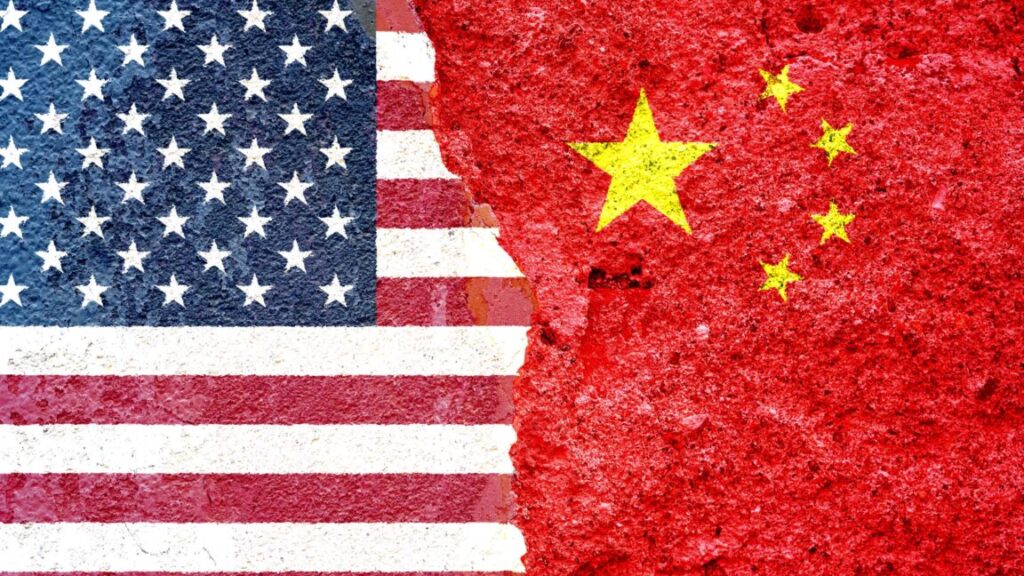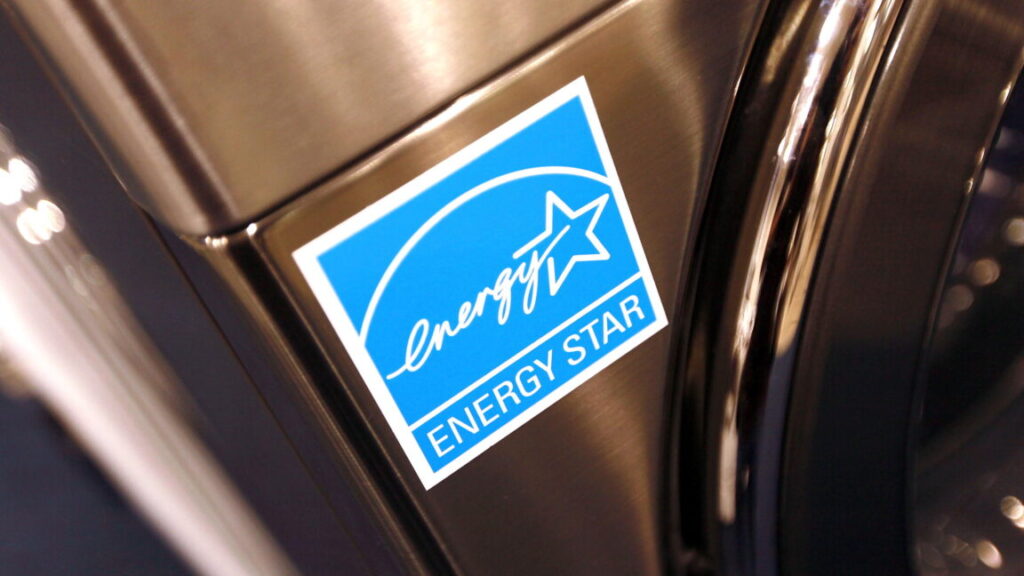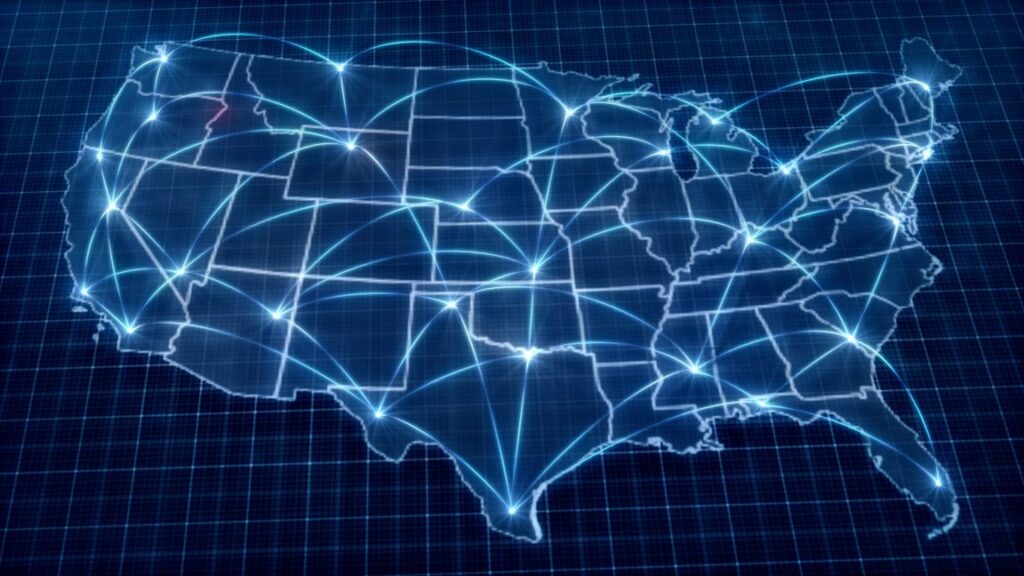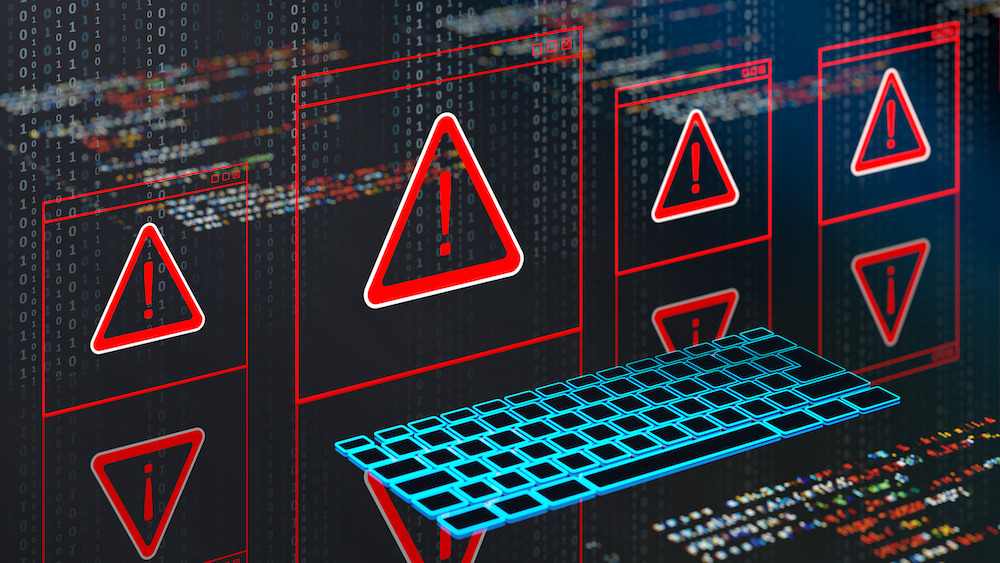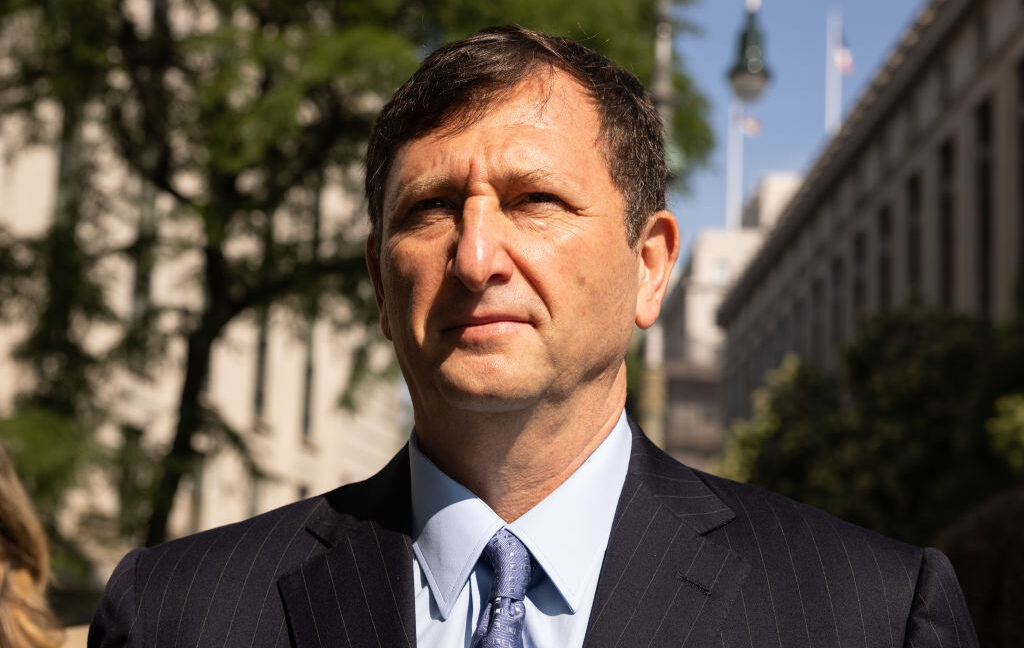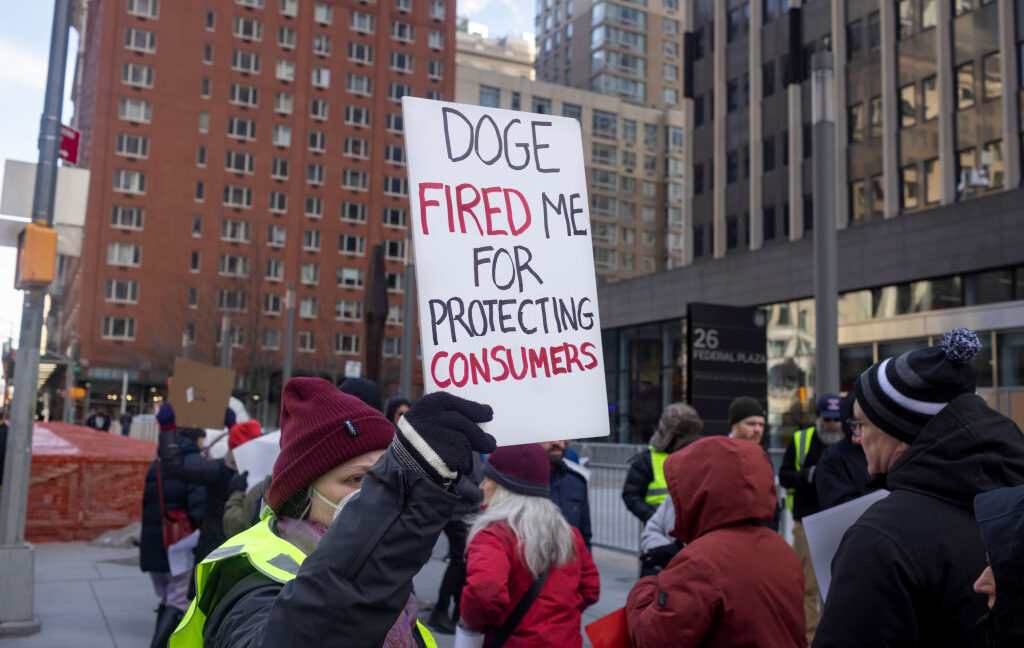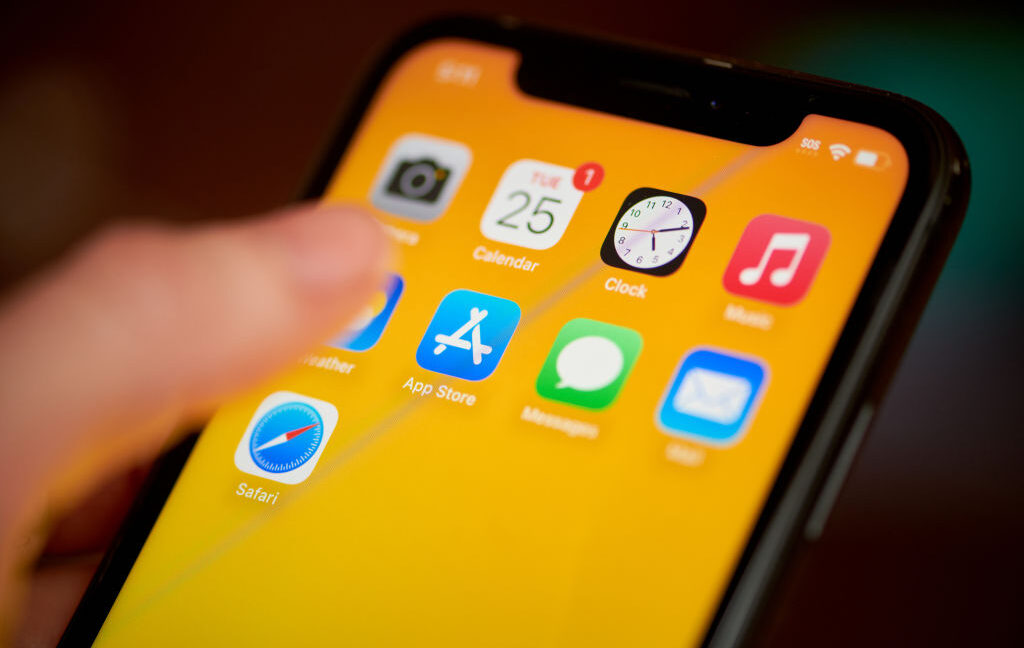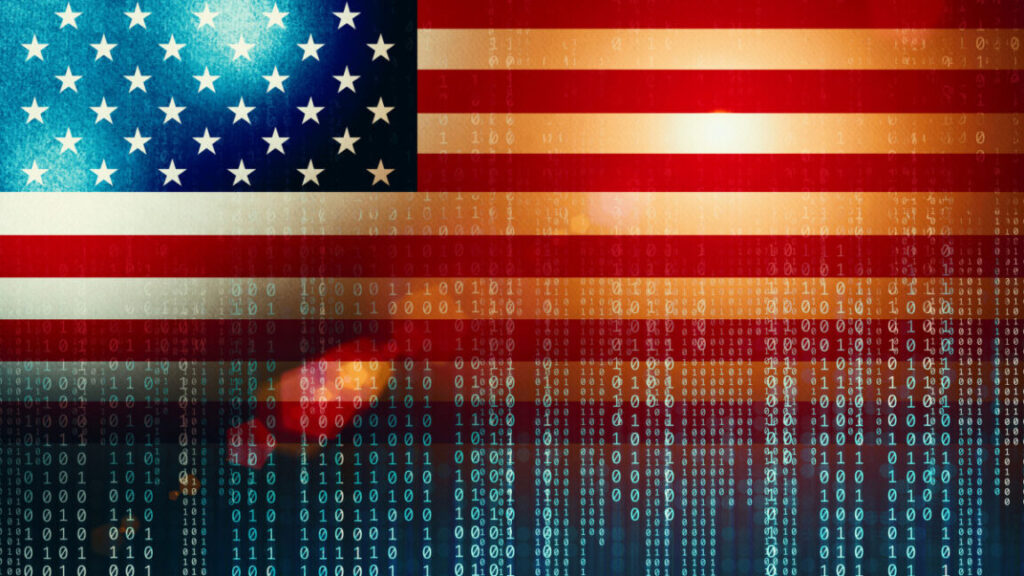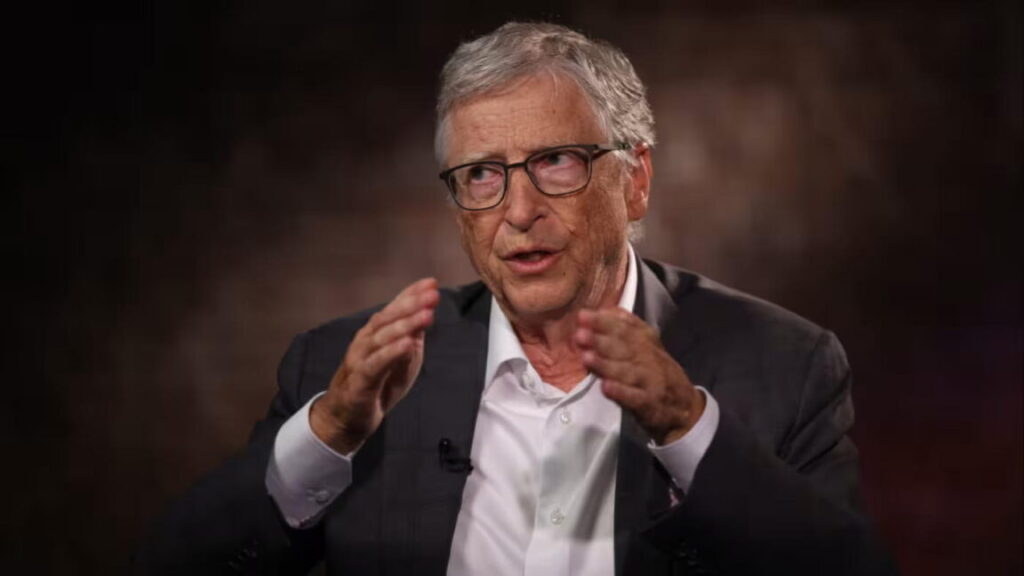GOP sneaks decade-long AI regulation ban into spending bill
The reconciliation bill primarily focuses on cuts to Medicaid access and increased health care fees for millions of Americans. The AI provision appears as an addition to these broader health care changes, potentially limiting debate on the technology’s policy implications.
The move is already inspiring backlash. On Monday, tech safety groups and at least one Democrat criticized the proposal, reports The Hill. Rep. Jan Schakowsky (D-Ill.), the ranking member on the Commerce, Manufacturing and Trade Subcommittee, called the proposal a “giant gift to Big Tech,” while nonprofit groups like the Tech Oversight Project and Consumer Reports warned it would leave consumers unprotected from AI harms like deepfakes and bias.
Big Tech’s White House connections
President Trump has already reversed several Biden-era executive orders on AI safety and risk mitigation. The push to prevent state-level AI regulation represents an escalation in the administration’s industry-friendly approach to AI policy.
Perhaps it’s no surprise, as the AI industry has cultivated close ties with the Trump administration since before the president took office. For example, Tesla CEO Elon Musk serves in the Department of Government Efficiency (DOGE), while entrepreneur David Sacks acts as “AI czar,” and venture capitalist Marc Andreessen reportedly advises the administration. OpenAI CEO Sam Altman appeared with Trump in an AI datacenter development plan announcement in January.
By limiting states’ authority over AI regulation, the provision could prevent state governments from using federal funds to develop AI oversight programs or support initiatives that diverge from the administration’s deregulatory stance. This restriction would extend beyond enforcement to potentially affect how states design and fund their own AI governance frameworks.
GOP sneaks decade-long AI regulation ban into spending bill Read More »

